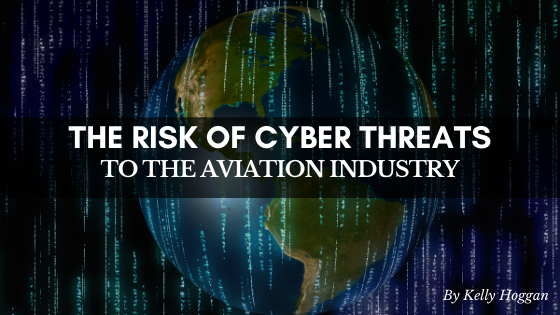An unprecedented form of threat to the world’s security lives in the digital realm: cyberthreats. Even the airline industry deals with them, and in fact, good cybersecurity in the aviation industry matters more now than ever before. Despite best efforts, there are still holes in the aviation industry’s cybersecurity measures, largely due to the relatively new and adaptable nature of the threats that they face.
Increasingly Complex
As technology grows in complexity, the ways to ward off threats must grow equally sophisticated. Some of the most groundbreaking technology in recent years has come from 5G, machine learning, and vertical take-off and landing. An increasing number of factors must remain heavily guarded to ensure that no one can break through the system.
Cyber attacks in the aviation industry can have a dramatic impact on everything from the safety of airlines, airports, and passengers to the functionality of air traffic measures and supply vendors. Security must be tight to ensure that no one can hack into or disrupt the aviation industry’s information, as such interference can threaten the sanctity of air travel, flight crews, and passengers alike.
Some of the biggest threats to the airlines in terms of cybersecurity include:
- Using outdated software
- No GDPR compliance
- No PCI DSS compliance
- Exploits and vulnerabilities that are known
- Using outdated SSL certificates or not using them at all
Types of Attacks
Various kinds of attacks can create problems for the airline industry. One example of a cyber attack is ransomware. This happens when malware locks down software and threatens to destroy it if a payment isn’t made. That can threaten essential data and cost millions of dollars. However, any type of cyber attack can cost a fortune. Cyber attacks can lead to flight delays, heightened security alerts, and flight cancellations among other negative effects.
Aviation as an industry is highly sensitive to time. If a cyber attack hits, it can cause huge delays and losses that cost industry players millions of dollars. Efforts to hone cybersecurity might prioritize a widespread process, but it could also focus on smaller things, such as payment processing methods. Any cyber attack can have serious consequences for the airline industry, which is why it is important that they do what they can to stay ahead of these problems.

